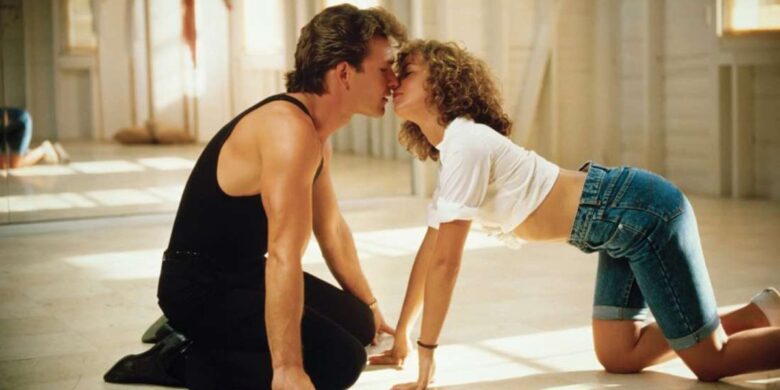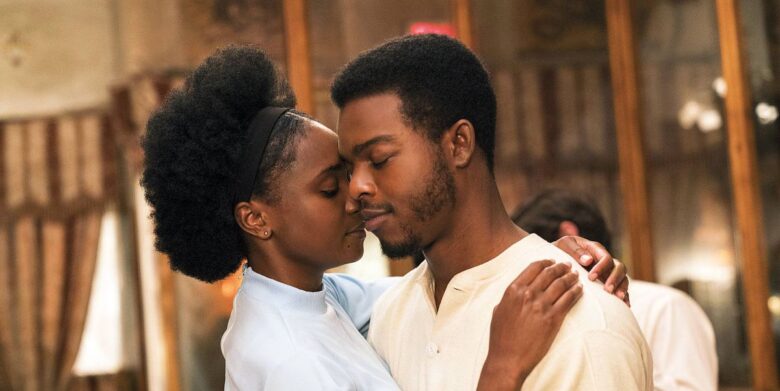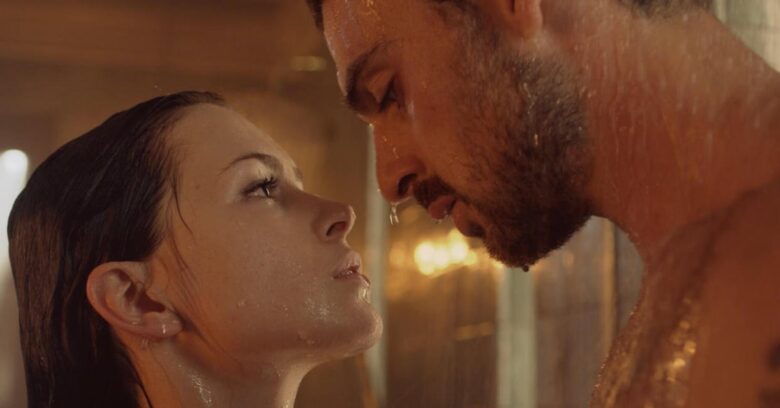The art of storytelling is a form of communication that goes deeper than just words. And cinema is one of the prime benefits of storytelling with a visual addition. Storytelling consists of numerous factors, including the ability of the storyteller to attract everyone’s attention.
People worldwide are attracted to different cinema categories – historical, documentary, fictional, fantasy, horror, crime, adult, and more. It is never easy for a storyteller to produce content that everyone loves since every story type has a different build, thought, and presentation idea behind it. This is why the website rabbit reviews, brings you the best deals in the adult cinema industry to fulfill your taste and learn about the art of adult storytelling.
The entire cinema industry is built based on love and relationship because it is impossible to truly connect without using the essence of love and care. Almost everyone watches films these days and develops a feeling of questioning reality. So let’s see how the art of storytelling directs cinemas and how cinemas change our perception of relationships. But before that, it is important to talk about the Art Of Storytelling.
Contents
Understanding The Art Of Storytelling

Source: harpersbazaar.com
The beginning of storytelling dates back to the time when humans learned to speak. Every experience and thought shared is a story; it might be short, but it is a story. Storytelling is an art, and not everyone can master it; it’s the harsh truth we must accept.
Writers or speakers often choose to direct plots that relate to the audience’s daily life or their imagination. Relating to the audience builds a connection as if the spectator is in the situation. It lets them face reality with a glimpse of hope that everything will somehow work out for a better ending. Isn’t it why people like watching movies and listening to stories for a good ending?
Storytelling consists of a lot of vital structures designed with years of development. Here are the most important parts that every storyteller and cinema-lover should know.
-
The Plot
An excellent story starts with deciding on an excellent plot. The plot is the order in which the events take place. It consists of the beginning, the backstory, the actions, the climax, and the ending. A good story has a proper build-up for the plot that keeps the audience absorbed till the end, sometimes till the end credits.
-
The Characters

Source: timeout.com
Choosing the characters is as important as the plot. The character should fit the plot. How would Superman look in a romantic movie that involves singing? It would be an intriguing choice but a bad one. Now think of a singer struggling to land a project and desperate for love; that is a good fill for the position.
-
The Deeper Meaning
Every good story has a moral, a deeper meaning that tells us about our life. And most of the time, that deeper meaning states that love prevails over everything. Many take this to heart and start living the dream life expecting the best from everyone, making things worse.
-
Emotional Connection
Building an emotional connection with the audience should be the goal. Emotions are the reason we have good movies. Developing the story with pain, hope, struggle, love, and failure is something many relate to and many want to relate to. The mutual experience and imagination resonate among the audience leading to solemnity in their hearts.
The structure doesn’t end here, it keeps going on, but this is what you need to know to understand how cinemas impact our understanding of love and relationships.
Beyond Screens: How Cinema Shapes Our Perception of Love And Relationships?

Source: oprahdaily.com
Cinemas are designed to let the spectator sit in the character’s place. They are biased toward a happy ending. Watching such content is not necessarily a bad thing. It’s what you learn from them that affects your regular life. Let’s see at what major points cinema changes our perspective towards relationships.
-
The Ideal Romantic Relationship
Cinemas often portray what, in reality, is the ideal relationship. Such a relationship is full of love, grand proposals, passionate sex, and happy life. Real-life relationships are not like this. They are full of challenges and rarely have a happy ending. Hence, such films create a wrong sense of a perfect relationship.
-
Overcoming All Differences
We see in the cinema couples overcome all their differences for love. Indeed, you can’t truly love someone without accepting your differences, but sometimes you need to adjust in real life. Loving someone means staying with them despite their differences. A good thing that we can learn from some exceptionally good movies.
-
Beating Social Norms
Society is one of the biggest factors that prevent people from healthy relationships, especially if we talk about the LGBTQ community. Cinema challenges and follows the stories of the life of people engulfed by societal norms. Such stereotypical situations are not limited to just Asian countries as often shown but are a primary issue in all countries.
-
A Good Old Happy Ending
It doesn’t matter how the plot went every love-drama movie has a happy ending where everyone gets what they want. This is rarely the case in real life. Not everyone gets a happy ending, but that doesn’t mean one can’t have a new beginning. Life is not all about a happy ending; sometimes, the journey is enough.
Bottom Line

Source: parade.com
The entire purpose of a good storyteller is to ensure that listeners and viewers remember the story for the longest time. You can’t achieve that if you don’t reach the audience’s heart. And these movies that get to our hearts change how we see things. We start expecting more; it’s not like that’s wrong, but being imposed on such things is.
Discover the connection between mental well-being and relationship challenges in our comprehensive article on relationship struggles.
Reality is different from life on screen. Real life isn’t where you get pre-planned troubles; here, you get thrown into the daily wares to deal with. Relationships don’t run on stories; it gets better with experience and making the right decisions. Remember to never rush into decisions because of a silly plot you saw on the screen. And never underestimate the power of a good storyteller.
